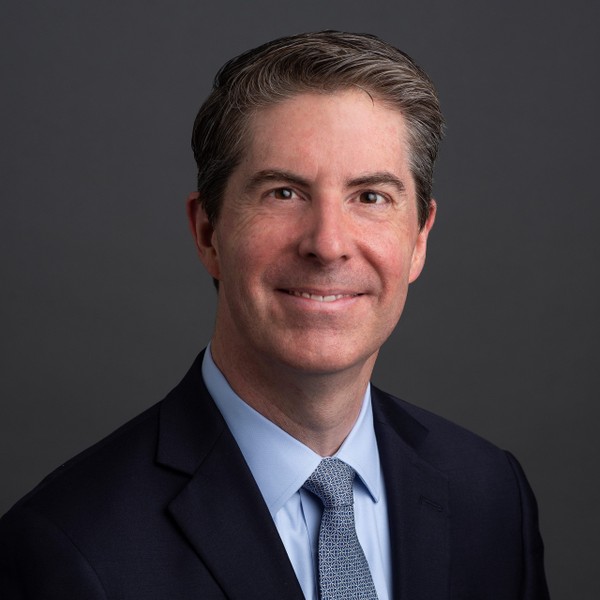
What are your key roles and responsibilities in your current positions? What do you like most about your job and what do you find most challenging?
I manage three multi-asset portfolios, helping our clients build wealth for retirement and to meet their long-term financial goals.
Like most: Intellectual challenge of trying to understand how best to monetize the opportunities in the financial markets, using macroeconomic trends.
Most challenging: Dealing with the operational & back-office minutiae of running three investment portfolios.
List or describe the top 5+ professional skills that are crucial to your role.
Transferrable skills:
- Intellectual curiosity and desire to ask questions (learn from others)
- Emotional intelligence (humility, emotional self-control)
- Willingness to add new skills
- Strong communication skills: writing and presentation
- Ability to tailor one message to multiple audiences (elevator pitches)
Technical skills
- Programming various languages
- Understanding of higher level math & finance
- Proficiency in Bloomberg terminal
- Knowledge of financial instruments
- Ability to link trends in financial returns to various drivers of those asset markets
How did your time at Yale shape your career trajectory? For example, what skills and/or experiences did you acquire that have contributed to your career success?
Yale helped build a solid research foundation. At my Ph.D. program, I learned how to assemble a research agenda and produce original research. Macroeconomics drives financial markets less than you would think; however, it is critical to know when to use those skills and what their limitations are.
Additionally, I also formed a network of colleagues that I can continue to draw on. For example, classmates of mine have gone on to be a Presidential candidate (Mexico), work in central banks (many countries), and as senior officials at the International Monetary Fund.
What were the biggest challenges that you faced when transitioning to different workplaces and cultures? What advice and suggestions can you offer to current students to help them prepare for those challenges?
I faced two challenges. First, I had to learn that all of the specialized knowledge I gained in graduate school was less important than I thought it was. Worse, many people in the markets think that knowledge is essentially useless. Luckily for me, they are not (always) right, and I’ve learned how to identify the times and periods when my formal knowledge has been helpful.
Second, for better or worse, going through a Ph.D. program does alter the way you look at the world and how you communicate, and I have had to learn to change my communication pattern to match my colleagues around me. Unfortunately, our outlook is often very, very different than MBAs, and most investors have MBAs, not PhDs–and those MBAs run the firms. If you insist on communicating in an academic manner, people will ignore you–even if you are right. Early on, I had to learn that my way of looking at the world wasn’t “right”–nor was it “wrong.” It was just alien, so if I wanted to have an impact, I needed to change the way I wrote and spoke.
